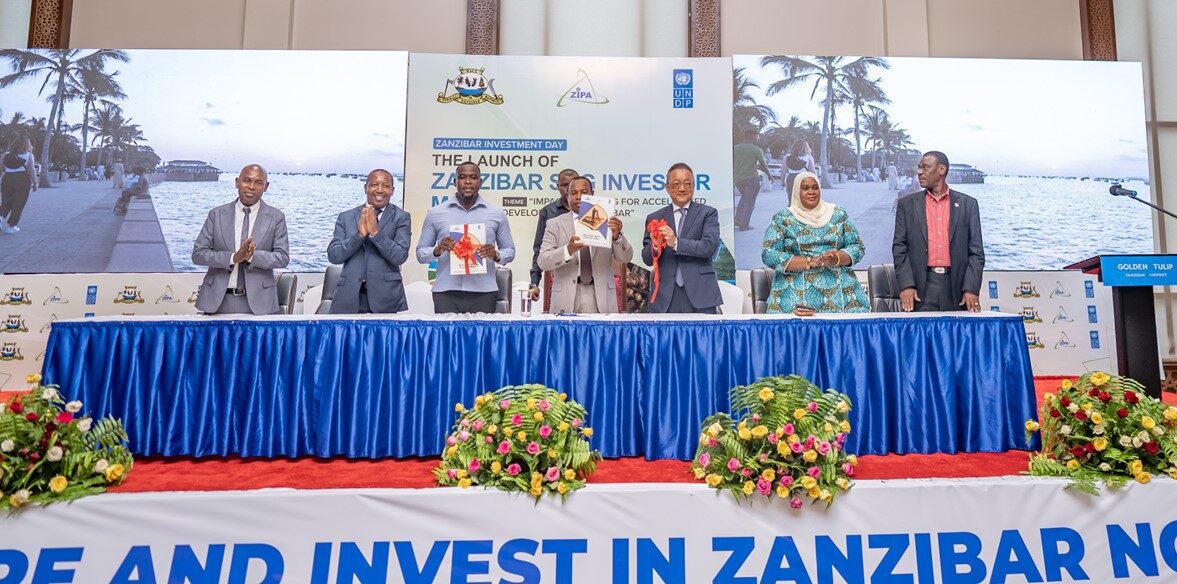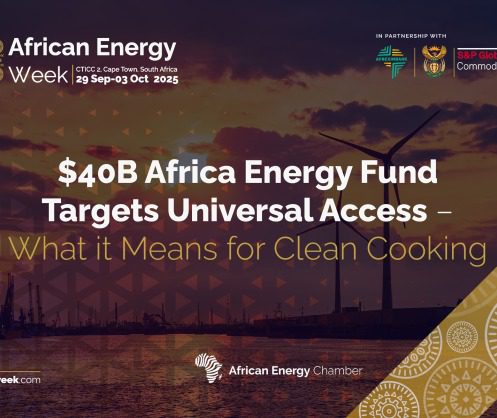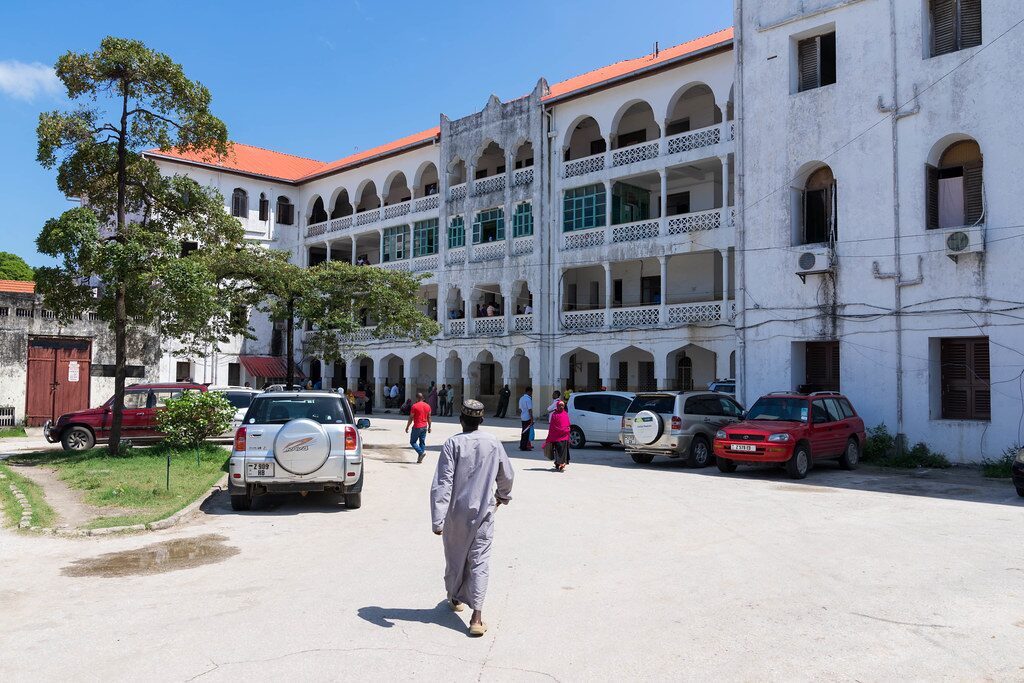
Friday 11th April 2025

$40B Africa Energy Fund Targets Universal Access – What it Means for Clean Cooking
非洲记者报道
A major leap forward in Africa’s journey toward energy sustainability was made with the launch of the $40 billion Africa Energy Fund at the Mission 300 Africa Energy Summit held in Dar es Salaam. This initiative aims to provide 300 million people with access to cleaner and more reliable energy by 2030, with a significant focus on clean cooking technologies.
Despite the progress in electrification, clean cooking remains a largely underfunded and urgent challenge. Nearly a billion Africans still depend on biomass sources such as wood and charcoal, leading to dangerous levels of household air pollution, deforestation, and economic strain. The result is over 600,000 premature deaths annually, underscoring the dire need for targeted interventions in this space.
The Energy Fund is supported by substantial financial commitments from international partners. The World Bank has pledged $22 billion, while the African Development Bank has committed $18.2 billion. Additional backing includes $2.65 billion from the Islamic Development Bank and $1 billion from the OPEC Fund. These contributions demonstrate global confidence in Africa’s potential to lead a cleaner, more inclusive energy transition.
Countries like Kenya, Ghana, and Tanzania are already advancing clean cooking solutions through policy innovation, infrastructure investment, and public-private partnerships. Kenya has increased adoption of LPG and electric cooking alternatives, while Ghana is promoting efficient biomass stoves and local manufacturing. Tanzania is incorporating clean cooking into its national electrification plan.
The Fund’s dual focus on electrification and clean cooking will also help power businesses, schools, and healthcare facilities, spurring economic growth. Investments in cleaner energy systems are expected to reduce health expenditures, improve productivity, and support gender equity by reducing the time women and girls spend collecting firewood.
The upcoming African Energy Week (AEW) 2025 will be a key platform for pushing this agenda forward. Stakeholders will explore ways to finance clean cooking solutions, scale off-grid energy infrastructure, and replicate successful national policies across the continent. The summit also presents an opportunity to align development goals with investment strategies that can deliver lasting impact.
Africa stands at a defining moment. The combination of strong political will, growing financial backing, and a renewed focus on energy equity offers a promising path to universal access. If effectively implemented, the Energy Fund could transform millions of lives by making clean cooking a core element of Africa’s energy future.


